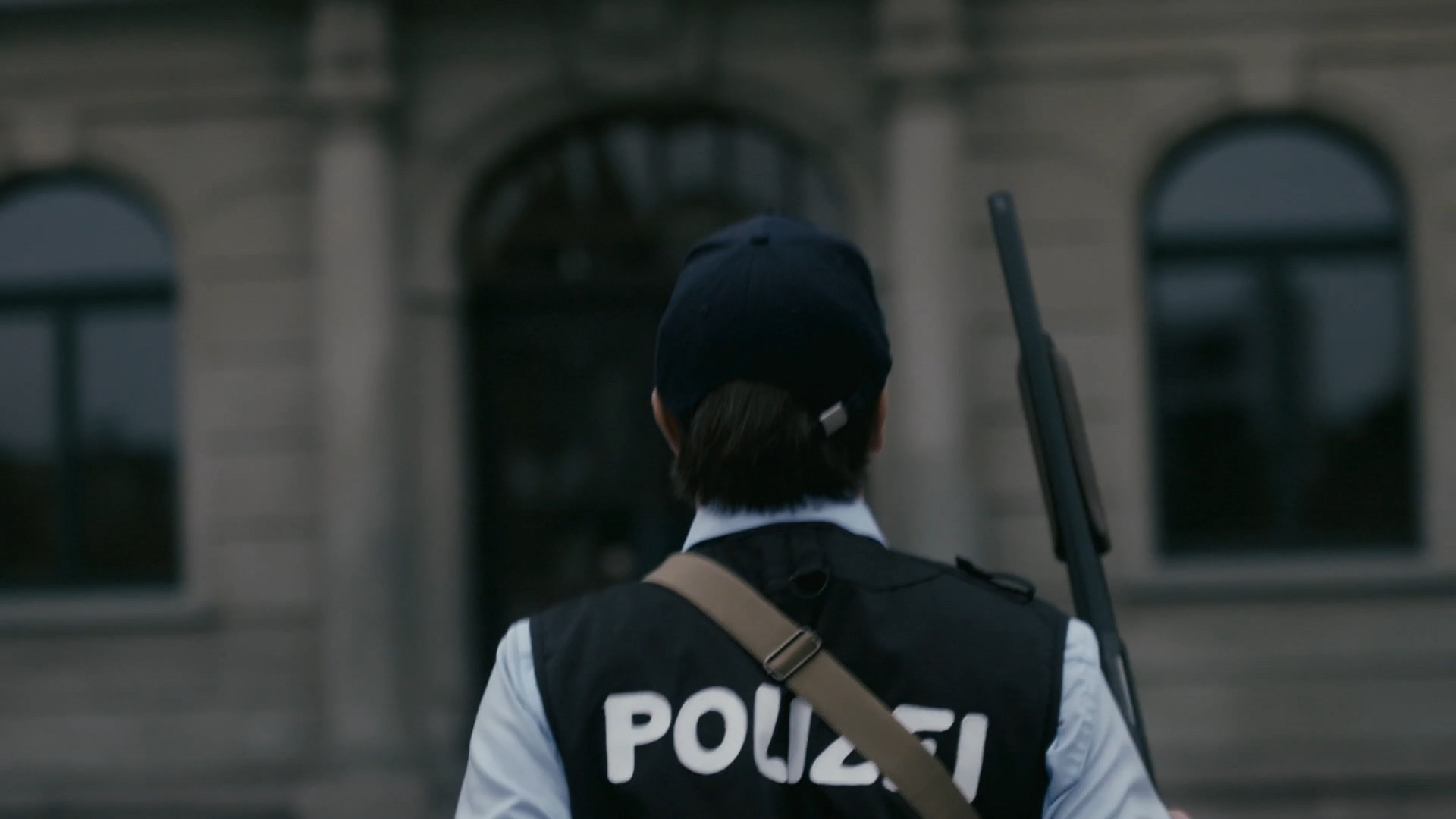The political attacks which shook Switzerland
Attacks like that which targeted former US president Donald Trump this weekend are often seen as alien to Swiss political culture. Yet over the decades the Alpine nation has seen its share of incidents.
February 18, 1969: Israeli plane attack
Palestinian extremists from the Popular Front for the Liberation of Palestine (PFLP) open fire on an Israeli aeroplane at Zurich Airport. The pilot is killed, the Palestinian attackers are arrested and sentenced in court.

February 21, 1970: Würenlingen tragedy
A time bomb explodes in a Swissair plane after take-off from Zurich. The plane crashes in Würenlingen, canton Aargau, killing 47. Despite witness statements and inquiries suggesting a PLFP attack, no charges were brought and the circumstances were never fully clarified.

September 6, 1970: Swissair hijack
Just a few months after Würenlingen, a Swissair aircraft with 145 passengers and a crew of 12 is hijacked and flown to Jordan. Again, the PFLP is responsible. Some 16 days after the hijack, the hostage-takers suddenly disappear. The Jordanian army finds the hostages and brings them to safety.

January 7, 1975: Axel Springer arson
An arson attack targets the villa of German publisher Axel Springer in Gstaad, canton Bern. The perpetrator is only revealed decades later: in 2006, Swiss writer Daniel de Roulet confessed that he had started the fire – because he saw Axel Springer as a Nazi.

October 8, 1975: Jakob Stucki bomb attack
A bomb detonates in front of the house of Zurich’s director of police and justice, Jakob Stucki. Further explosives are placed in front of the house of a Winterthur lawyer, but the detonation fails. There are no casualties. Followers of the “Divine Light Centre” sect are convicted of the crime.

July 21, 1981: Series of attacks in Bern, Geneva, Zurich and Lausanne
Against the backdrop of the Armenian-Turkish conflict over independence, the secret army for the liberation of Armenia (ASALA) carries out several assassinations. It begins with the shooting of the secretary of the Turkish embassy in Geneva. When Armenian terrorists are arrested, Switzerland becomes a target. There is a series of attacks in Bern, Geneva, Zurich and Lausanne. The series claims one life in Geneva and 26 people are injured in a bomb attack in a Lausanne department stores.

July 23, 1987: Air Afrique hijack
In order to secure the release of Palestinian prisoners, Lebanese man Hussein Hariri, a member of the Shiite militia Hezbollah, hijacks an Air Afrique plane and forces it to land in Zurich. He was carrying explosives, and to emphasise his demands, the hijacker shoots a passenger. Hariri was released from prison in canton Vaud in 2004 and deported to Lebanon.

January 7, 1993: ‘Béliers’ bomb attacks
The Béliers, a militant youth organisation of separatists from Switzerland’s Jura region, carry out explosives attacks in Bern and Courtelary. A car bomb which detonates in Bern kills a 21-year-old Bélier activist.

November 13, 1995: Death of a diplomat
Unknown perpetrators shoot dead an Egyptian diplomat in Geneva. To date, it is the last fatal terrorist attack on Swiss soil (not including mass shootings). The attack was claimed by the “International Justice Group”, probably an offshoot of a Sunni Islamic group in Egypt. Based on new DNA analyses, the Office of the Attorney General of Switzerland ordered the case to be reopened in January 2018. One man was arrested in October 2018.
September 27, 2001: Switzerland’s worst-ever gun massacre
A gunman carries out a deadly attack in the cantonal parliament in Zug, shooting dead 14 politicians before killing himself. The traumatic incident led to fundamental changes in how Switzerland deals with security and gun regulation (see below).

More
Switzerland’s worst-ever gun massacre
This article, written by Céline Raval, was originally published by SRF on June 21, 2019.
Adapted from German by DeepL/dos

In compliance with the JTI standards
More: SWI swissinfo.ch certified by the Journalism Trust Initiative








You can find an overview of ongoing debates with our journalists here . Please join us!
If you want to start a conversation about a topic raised in this article or want to report factual errors, email us at english@swissinfo.ch.